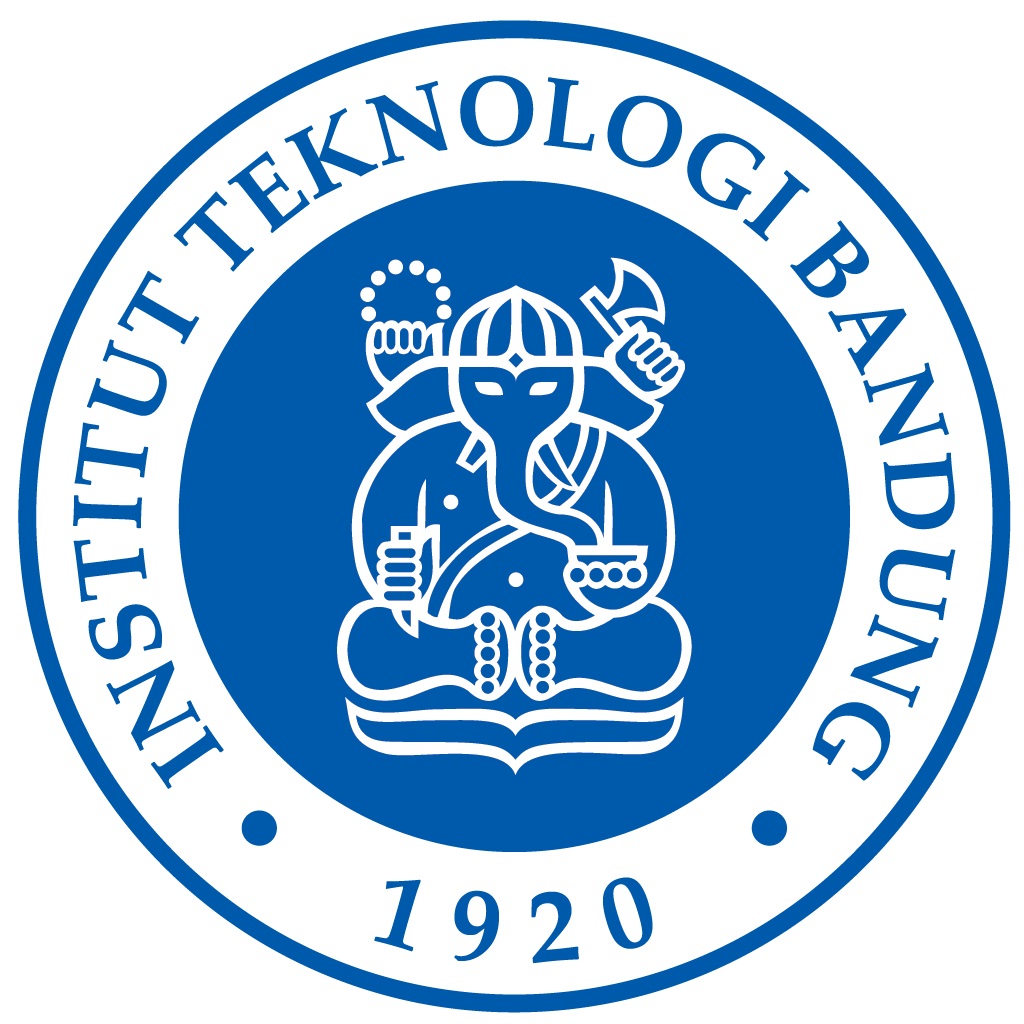

Yani Suryani
Rinca Island is a 3T (Frontier, Outermost and Disadvantaged) area which still experiences inequality in many aspects, one of which is education. Limited access to education is demonstrated by the school conditions and understanding of literacy and science of Rinca Island State Elementary School (SDN) students. Unequal access means that Rinca Island Elementary School students cannot learn science through practical trials because they do not have adequate facilities. Community service is carried out to develop interest in science and interest in reading at SDN Pulau Rinca students. Service is carried out by inviting students to play while learning, providing props for experiments, and providing picture books about light. The method of this service is participatory. Students are invited to understand light phenomena from a physics perspective. The results of this service show an increase in interest in science and interest in reading at SDN Pulau Rinca students. Experiments carried out with exploring games help students listen and understand light phenomena well. The light phenomena taught include light can penetrate clear objects, light can be described, light can be refracted, light can be reflected, and light travels in a straight line. Students understand the nature of light through phenomena that occur in the surrounding environment. This service also emphasizes the importance of protecting the environment to students through light experiments.
Key words: Education, Students, Teachers, Rinca Island, Literacy, Light
Introducing basic knowledge related to physics to elementary school students and teachers in an easy way using simple teaching aids.
The service program carried out is very beneficial for the community on Rinca Island, especially teachers and students at SDN Rinca Island. They became enlightened by practicing basic science using simple materials and teaching aids that we brought from ITB. For KK and ITB, this activity is very useful for disseminating knowledge from the results of the research we have carried out so that it can have a broad impact on Indonesian society. Increasing scientific literacy can also increase students' interest in reading and foster critical thinking patterns so that the young generation in the regions gain the same understanding of science as other children in urban areas.